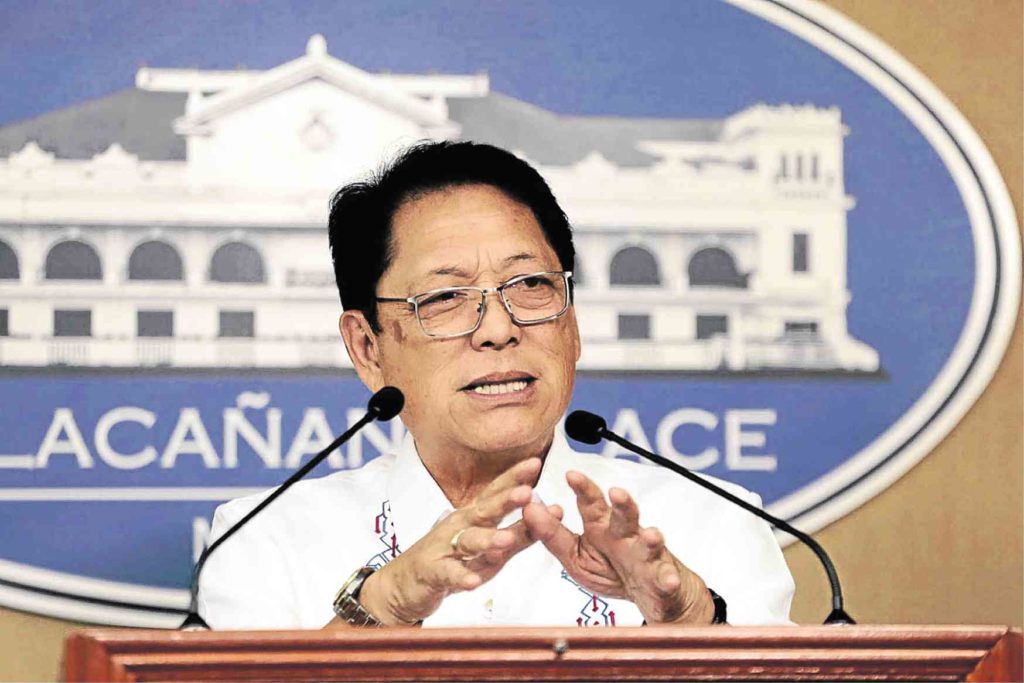MANILA, Philippines – Overseas Filipino workers (OFWs) in Japan employed under the country’s new specified skilled worker residency law will receive better pay, Department of Labor and Employment (DOLE) secretary Silvestre Bello III said.
Bello said OFWs in Japan employed under the new law will receive pay “equivalent to or even better than that their local counterparts” under the recently signed memorandum of cooperation between the Philippine and the Japanese government.
“This is why we are very thankful to the government of Japan. Aside from giving preferential priority to Filipino workers for the requirements of their industries, our workers are assured of better benefits,” Bello said in a statement.
Under the new worker residency law which will take effect on Monday, foreign workers will be divided into two occupational categories: Specified Skilled Worker I, or workers who have first level of expertise and will be allowed to work in the country for a maximum of five years; and Specified Skilled Worker II, or workers who have a higher level of expertise and will be allowed to work in that country “indefinitely based on the renewal of their employment contract.”
Bello said the Philippines was the first country to ink the deal with Japan “because of Japan’s high regard for Filipinos.”
The new worker residency law is expected to benefit at least 100,000 Filipinos who wish to work under Japan’s in-demand sectors such as health care, building maintenance, food services, industrial machinery, electronics, food manufacturing, agriculture, hospitality, construction, shipbuilding, fisheries and aquaculture, parts and tooling and aviation.
Requirements for application
The Japanese government requires those who seek to apply for jobs there to be at least 18 years old with considerable work experience. Applicants are also required to pass the Japanese Language Proficiency Test to be given by the Japan Foundation in the Philippines.
There should also have passports valid for at least six months prior to the intended date of departure.
The names of accredited recruitment agencies will be released by the Philippine Overseas Employment Administration (POEA). /cbb
